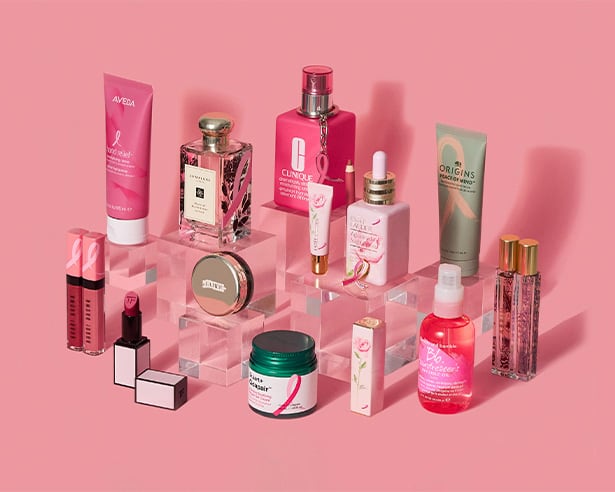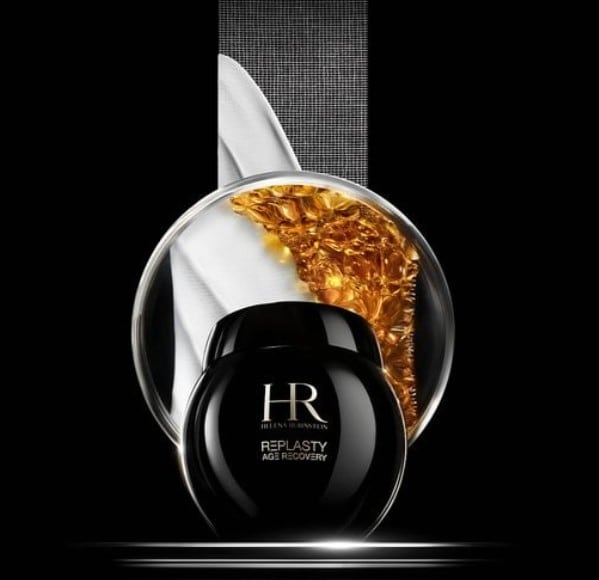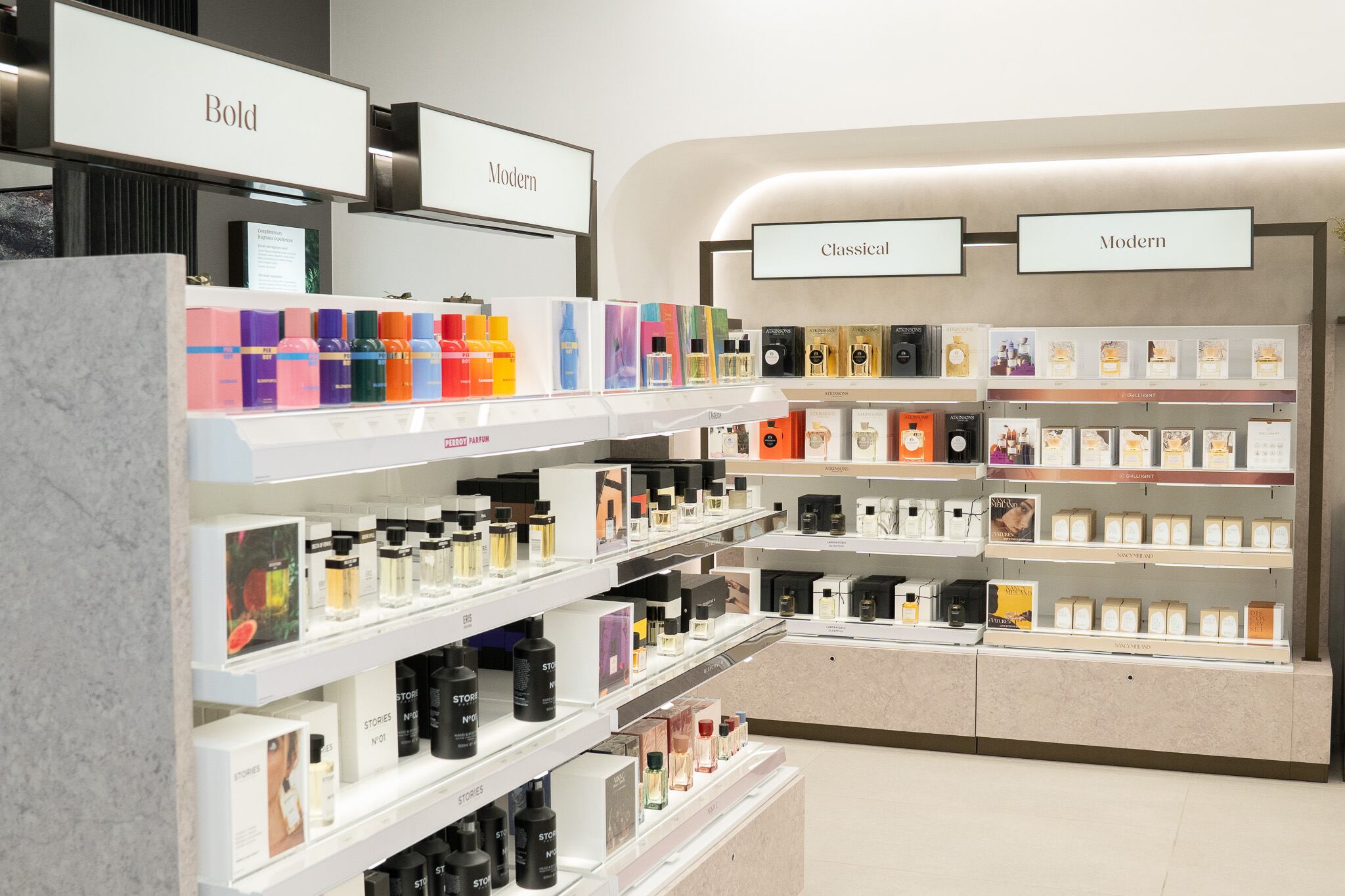Key takeaways
- Estée Lauder Companies posted 4% net sales growth and margin expansion in Q1 FY2026.
- Fragrance and Skin Care drove gains, while Makeup and Hair Care declined.
- Digital commerce surged with Amazon, TikTok and Shopify partnerships.
- France and Travel Retail remain key growth markets for Prestige Beauty.
- CEO highlights innovation and smaller fragrance sizes as future drivers.
In the first quarter of its fiscal 2026, Estée Lauder Companies saw its first operating margin expansion in four years.
Net sales rose 4% to $3.4bn, with organic sales up 3%. This was driven by double-digit growth in Fragrance and low single-digit growth in Skin Care; however, Makeup sales declined by 2% and Hair Care by 7%.
Notably, the struggling Asia/Pacific region saw 9% organic growth, driven by travel retail and demand in Mainland China.
Within the past year, Estée Lauder Companies has focused on stabilising its business through cost restructuring and supply chain optimisation. Less than one year ago, the company launched its Beauty Reimagined strategy, which appears to be paying off.
However, the topic of US tariffs was also addressed and, according to ELC’s CFO Akhil Shrivastava, the company could “continue to expect tariff-related headwinds to impact profitability by approximately $100 million.”
The Ordinary, Aveda & Estée Lauder gain share in US
In the US, Prestige Beauty retail sales growth accelerated sequentially. The Ordinary drove its share gain in Skin Care, and the business also gained share in Hair Care led by Aveda.
The Estée Lauder brand achieved its third consecutive quarter of overall share gain in the US, which Stephane de la Faverie, President and Chief Executive Officer, said was “thanks to excellent uptake in innovation.”
He also pointed out that in several Western European markets, Prestige Beauty continues to see slow or negative growth, but ELC has seen positive results.
In France, which he said is the biggest category in Prestige Beauty in Western Europe, ELC gained share, as well as in Spain. For the UK, the largest market in the region, industry sales growth reaccelerated to nearly 10%, and there was a strong sequential improvement in retail sales trends.
Digital acceleration: Amazon, TikTok and Shopify partnerships
ELC’s global online organic sales growth accelerated to double digits from mid-single digits in the fourth quarter.
“We are advancing with speed to reach consumers where they are,” said de la Faverie in the sales call.
“Capitalising on the learnings that we have had with Amazon in the US, Canada and Japan, we opened Amazon storefronts in Mexico with Clinique, The Ordinary and Estée Lauder and the UK with The Ordinary.”
“We announced our presence on TikTok Shop, launching Clinique, M·A·C and Dr. Jart in the US as well as The Ordinary in Malaysia and Singapore,” he continued.
This “collective action” in its online consumer coverage was also fused with the business’ presence on fast-growing retailers like Tmall, JD, Douyin and Notino in other markets.
Last week, ELC also announced its new partnership with Shopify. According to de la Faverie, this will “modernise and scale” its direct-to-consumer business in a phased approach, thus “creating a best-in-class omnichannel consumer experience globally.”
Fragrance and skin care lead future innovation strategy
de la Faverie noted that the trending fragrance brand Le Labo has seen outstanding growth in France, rising by 13%.
“We continue to expect France to be Prestige Beauty’s fastest-growing category for fiscal ’26, driven by luxury, the largest mix of our France business and where we are the leader, as well as over the next few years, driven by both domestic markets and the Travel Retail channel,” he explained.
The business has recently opened its new fragrance atelier in Paris, where it will blend state-of-the-art technology with data-driven intelligence, boosting innovation.
de la Faverie spoke about the continued popularity of fragrance and said that the biggest move in terms of unit is also in the perfume category for us.
Going forward, he clearly stated that his focus was on “accelerating innovation at the right price point. We are seeing a lot more also smaller sizing driving the growth over the world for perfume. And this is one of the things that we are seeing, and we are doubling down and accelerating going forward.”
Skin Care also drove sales in the first quarter. “We had an exciting slate of innovation in high-growth subcategory and across Prestige price tiers, including breakthrough launches in eye, acne and longevity targeting all age groups,” he explained. “This introduction, coupled with newness from earlier in the calendar year, contributed to Skin Care’s growth.”
The business has recently launched its heritage makeup brand M·A·C into Sephora in the US, which allows it “to better connect with younger consumers and accelerate M·A·C turnaround in the US,” according to de la Faverie.
While de la Faverie celebrated the company’s turnaround, he added that “While the macroeconomic environment globally continues to be dynamic with a variety of headwinds and tailwinds, we remain vigilant and focused on achieving our ambition for Beauty Reimagined.”





